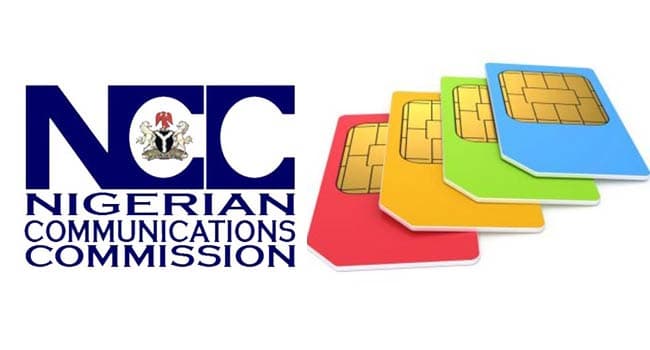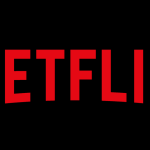
In a surprising turn of events, the Nigerian banking sector has found itself in hot water over a massive debt to telecommunications companies, potentially jeopardizing the Unstructured Supplementary Service Data (USSD) transactions that millions of Nigerians rely on daily.
The Nigerian Communications Commission (NCC) has issued a stark warning on Wednesday, January 15, 2025, highlighting that nine major banks have failed to settle a cumulative debt of over ₦200 billion for USSD services provided by telecom operators. This debt has been accumulating since 2020, and with no resolution in sight, telecom companies are poised to suspend USSD services for these banks.
The Banks in Question:
The banks facing this potential service cut-off include Fidelity Bank Plc, First City Monument Bank, Jaiz Bank Plc, Polaris Bank Limited, Sterling Bank Limited, United Bank for Africa Plc, Unity Bank Plc, Wema Bank Plc, and Zenith Bank Plc. These institutions have been named by the NCC after it was confirmed that while nine out of the 18 banks initially listed had cleared their debts, the remaining nine have not shown sufficient compliance.
Implications for Consumers:
The suspension of USSD services is not just a corporate tiff; it has real-world implications for consumers across Nigeria. According to data from the Central Bank of Nigeria, from January to June 2024, USSD transactions facilitated 252.06 million transactions amounting to ₦2.19 trillion. This service is especially critical in rural areas where smartphone penetration remains low, with about 68% of Nigerians unable to afford smartphones for mobile banking. The loss of USSD could disrupt everyday financial activities for millions, particularly those who depend on this service for quick and easy transactions like transfers and balance checks.
Why This Matters:
USSD has been a cornerstone for mobile banking in Nigeria, offering a simple and direct method for users to interact with their banks without needing internet connectivity. This service has been pivotal in advancing financial inclusion, allowing even those in the most remote areas to engage in basic banking. The current standoff between banks and telecom operators underscores a broader issue of accountability and service continuity in Nigeria’s digital finance landscape.
What’s Next?
The NCC has set a deadline of January 27, 2025, for these banks to clear their debts before the suspension takes effect. This two-week grace period provides a last opportunity for these financial institutions to rectify their standing with telecom operators. Should they fail to comply, not only will they face immediate service disruption, but they might also attract further regulatory penalties from the NCC.
This situation serves as a cautionary tale for any institution dealing with service dependencies in Nigeria’s growing digital economy. It also prompts a broader conversation about the sustainability of services that are crucial for economic inclusivity and how debts can impact the very infrastructure meant to empower the populace.
Conclusion:
The potential suspension of USSD services due to unpaid debts by these banks is a significant development for Nigerian consumers. It underscores the necessity for better financial governance and partnership between key sectors driving digital transformation. As the deadline approaches, all eyes will be on these banks to see if they will resolve their debts or if consumers will bear the brunt of this corporate disagreement.
Stay tuned to Techuncode for further updates on this unfolding story.














 and then
and then